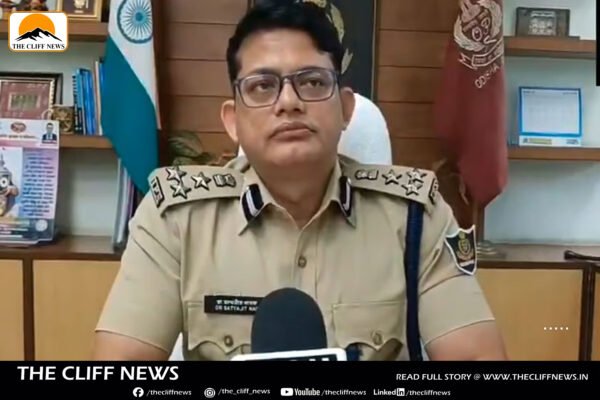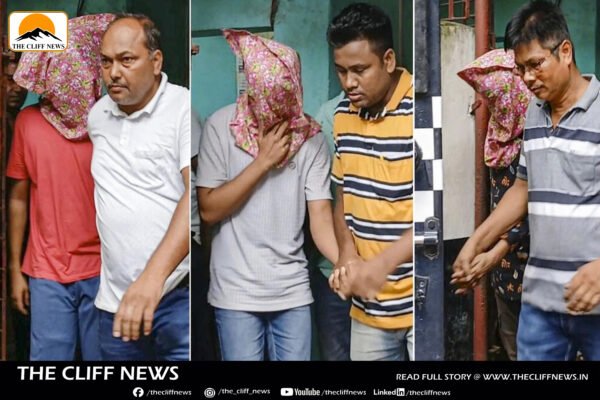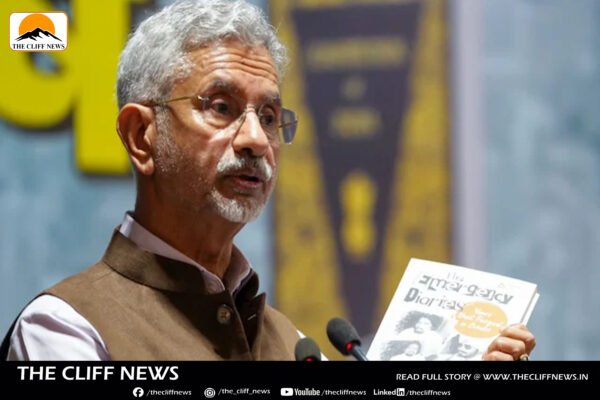Weizmann Scientists Unveil Blood Test That Could Detect Leukemia Risk and Gauge Pace of Aging
A groundbreaking new study by researchers at Israel’s Weizmann Institute of Science may soon revolutionize how we diagnose blood cancers and understand aging. Published today in Nature Medicine, the research led by Profs. Liran Shlush and Amos Tanay introduces a simple blood test that could replace painful bone marrow biopsies for detecting early signs of myelodysplastic syndrome (MDS) — a precursor to leukemia. The study arrives under extraordinary circumstances, just days after the researchers’ labs sustained serious damage in an Iranian missile strike. Yet, despite the upheaval, their findings are poised to create lasting impact. A New Window into Aging and Disease The scientists have been tracking how blood-forming stem cells change with age. Their earlier research revealed that about one-third of individuals over 40 begin to accumulate mutations in these cells — mutations linked not only to leukemia but also to heart disease and diabetes. In the latest study, Dr. Nili Furer, Nimrod Rappoport, and Oren Milman, together with collaborators in Israel and the U.S., showed that even rare stem cells that temporarily leave the bone marrow and enter the bloodstream carry vital diagnostic information. By applying cutting-edge single-cell genetic sequencing to these cells, researchers could identify signs of MDS — a condition where stem cells don’t mature correctly, potentially leading to severe anemia or progression to acute myeloid leukemia (AML). A Less Invasive, More Insightful Test Until now, MDS diagnosis depended on invasive bone marrow sampling. The new blood test promises to change that. It not only flags MDS early but may also evaluate the risk of progression to leukemia, making it a vital tool for prevention and early intervention. The researchers also found that these circulating stem cells act as an internal “aging clock.” Intriguingly, the cells undergo changes earlier in men than in women — possibly shedding light on why blood cancers are more prevalent among males. Broad Potential, Global Trials The innovation is now undergoing clinical trials at medical centers worldwide. Scientists believe that this technology could eventually be used to detect a wide range of blood-related diseases beyond leukemia. Bridging Medicine and Science Beyond his lab work, Prof. Liran Shlush plays a central role in shaping the future of medicine. He is a senior physician at Assuta Medical Center and Maccabi Healthcare Services, and he now heads the newly founded Miriam and Aaron Gutwirth Medical School at the Weizmann Institute. The school, opening in October, aims to blend scientific research and clinical training into a unified curriculum — preparing a new generation of physician-scientists who can navigate both the lab bench and the hospital ward with equal skill. This landmark study not only underscores the Weizmann Institute’s global leadership in biomedical research but also offers hope that one day, a routine blood test could help detect — and possibly prevent — life-threatening diseases long before symptoms appear.










